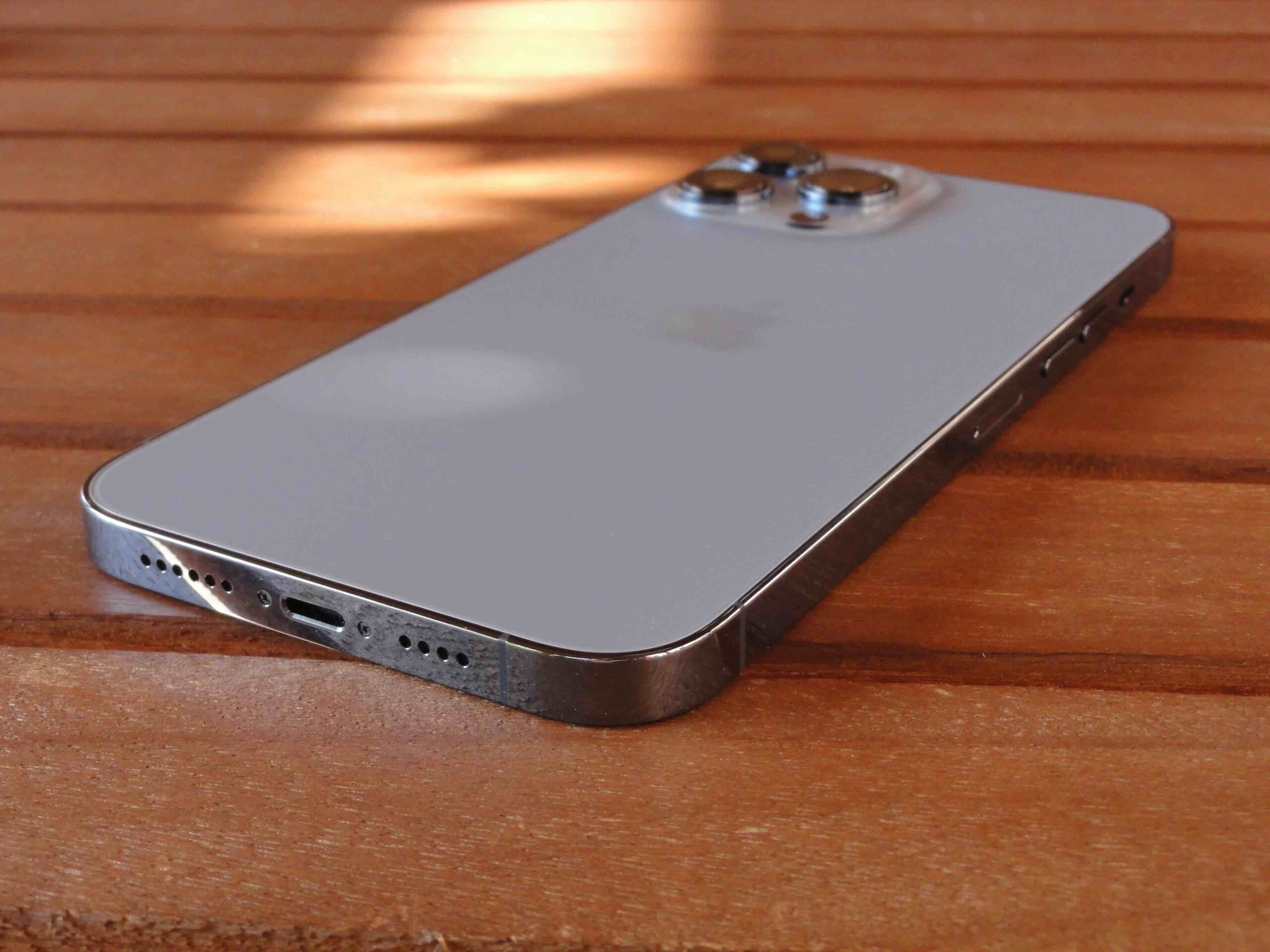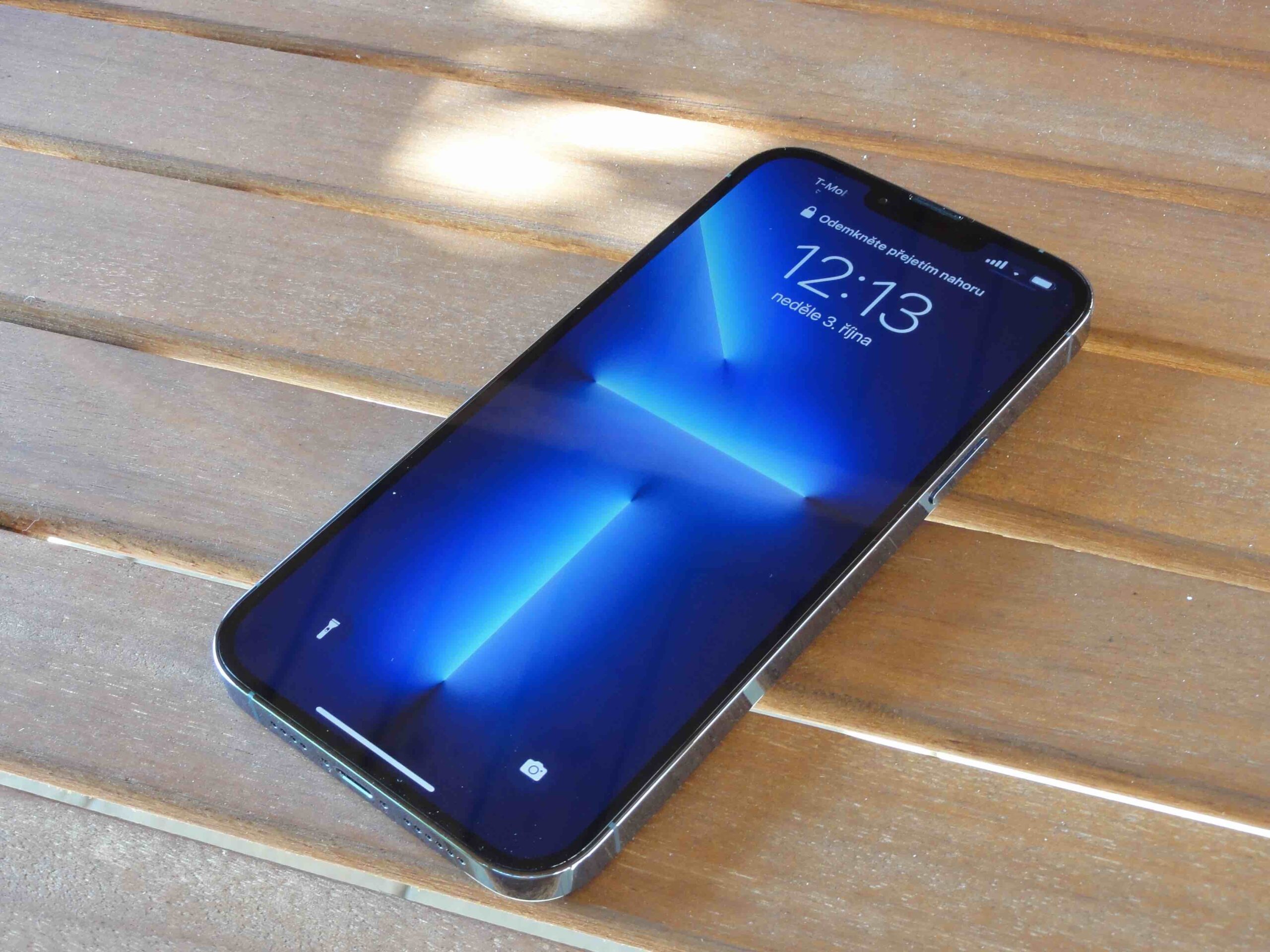Apple rarely adjusts the prices of its products. Typically, of course, it does so if it introduces a new generation of a product while the older one remains in its offer. This most often happens with iPhones, when even now the Apple Online Store still has iPhones 12 and 11 on offer. The second reason is usually a drop in the value of the currency.
And that's what's happening in Japan, where Apple has raised the price of the iPhone 13 series by about a fifth. It is precisely Japan that is currently facing significant inflation and a weakening currency. Of course, device prices for Apple products vary depending on currency values and logistical issues. In fact, as recently as last week, the price of the latest series of iPhones on the local market was slightly lower than that in the US.
The basic 128GB iPhone 13 was sold for 99 yen, which was about 800 dollars, about 732 CZK. However, now it is 17 yen, i.e. approximately 400 dollars, approx. 117 CZK. However, the same phone model costs $800 in the US, so this model came out relatively cheaper in the Japanese market. Now it is significantly more expensive. However, all iPhones in the series experienced an increase in price, when the 864 Pro Max model soared from $20 to $500 (approx. CZK 799).
Apple has already raised the prices of Mac computers by more than 10 percent in the Japanese market last month, and along with the launch of the M2 MacBook Pro, the increase in prices also affected iPads. Now even the most requested goods have arrived. iPhones are the best-selling mobile phones in Japan. According to the agency Reuters prices are rising because the US dollar has risen 18% against the yen. However, the fact that the Japanese will have to pay extra when buying a new iPhone is perhaps the least painful for them, because the prices of daily necessities are becoming more expensive across the board. In addition, the Japanese are very sensitive to price increases, and the companies there are more likely to pave the way of reducing their own margins rather than having to raise prices. But the current situation was probably already unbearable for Apple, and that's why he had to act.
It could be interest you

Don't expect discounts
When it comes to price gouging, you may remember the situation in Turkey that happened at the end of last year. From one day to the next, Apple stopped selling all of its products through its Online Store in order to reprice them quite drastically. Again, it was the falling value of the Turkish lira against the dollar. The main problem is that when Apple raises prices, it very rarely ever lowers prices. The growth of the Swiss franc against the dollar, which has risen by 20% in 70 years, can be a proof, but Apple has not made its products cheaper in the local market.









 Adam Kos
Adam Kos